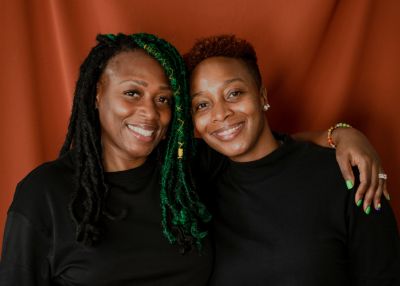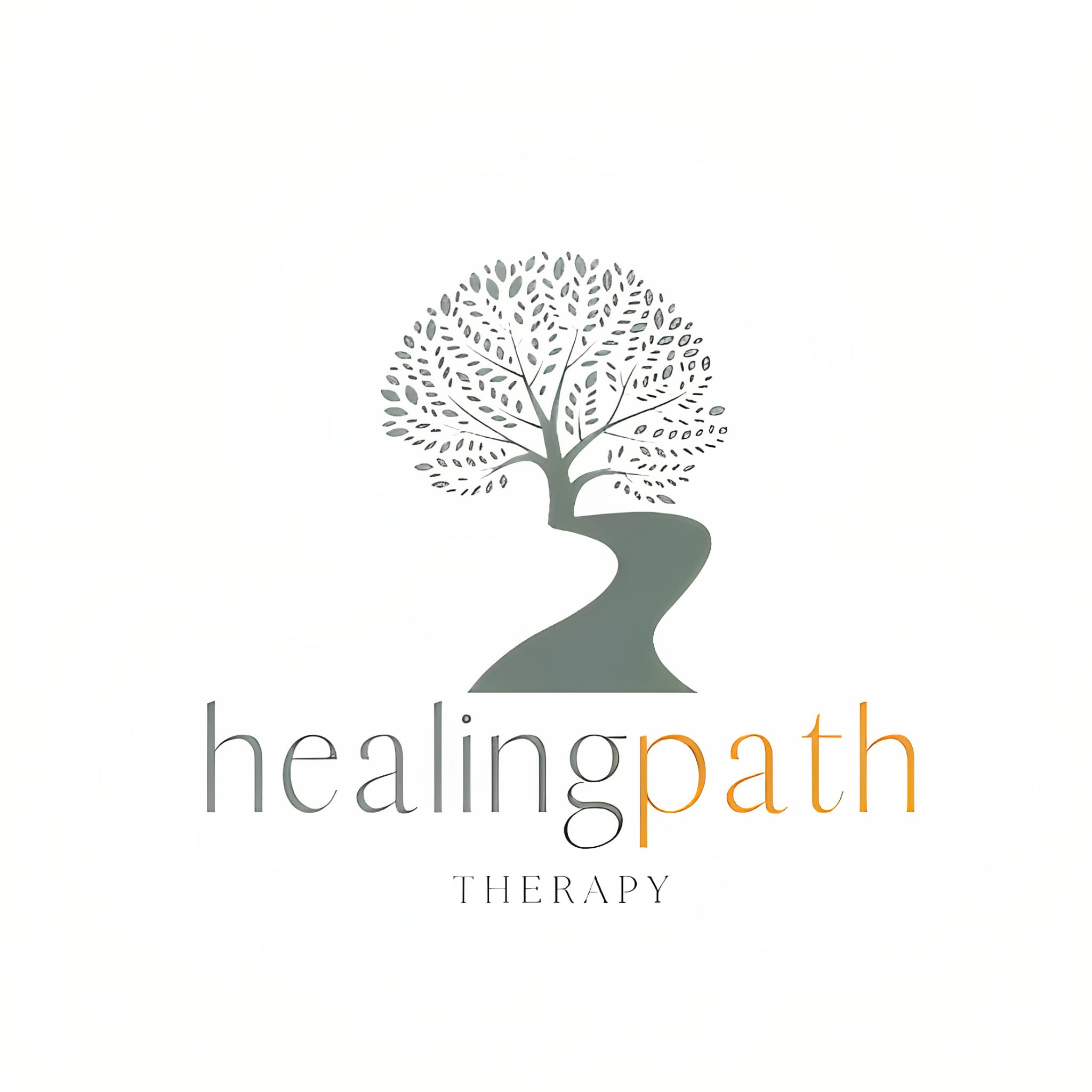Human beings have an innate need for social connections. Our relationships greatly impact our well-being—both mentally and physically. Not all relationships are equal, though. We feel closer to some people than others. The quality of our close relationships significantly influences how we feel and how healthy we are.
We have all felt the sting of hurtful words from someone we care about. Relationship problems can make us feel powerless and contribute to issues like depression and anxiety over time. Even difficult interactions with family members or a micromanaging boss can benefit from therapy to better understand how we perceive and handle relationships in a way that enhances our well-being.
For example, some people struggle to set boundaries, always feeling like they can never say no. Spending too much time on others and not enough on self-care deteriorates our health and happiness. Some have trouble managing emotions in relationships and communicating their needs. Others lack empathy.

Common relationship issues that lead people to seek therapy include:
- Trouble standing up for themselves at work
- Difficulty establishing boundaries with family or at work
- Challenges caring for a sick family member
- Issues with an employer or coworkers
- Unresolved feelings toward a parent
- Constantly feeling like you lack close friends
- Feeling hurt after a romantic partner’s rejection
- Stuck in a toxic relationship cycle with a romantic partner or family member
Many common issues in intimate relationships can lead people to seek therapy, including:
- Desiring more closeness and connection in the relationship
- Struggling to balance each partner’s need for both closeness and space
- Sexual dissatisfaction and concerns about intimacy
- Feeling stuck in a painful pattern that causes frustration, loneliness, and despair
- Difficulty feeling heard and understood by a partner
- Jealousy, fear, and anxiety about other relationships
- Longing for more joy, fun, and lightheartedness in the relationship
- Navigating work-life balance and issues with dividing labour
- Ruptures in important bonds, betrayal, and difficulties with forgiveness
- Relationship transitions, such as cohabitation, marriage, separation/divorce, introducing new partners/exploring non-monogamy, etc.

Relationship difficulties can be among the most trying that we face because they trigger our deepest insecurities. For this reason, seeking help from a professional trained in assisting couples and partners can be invaluable. You do not have to navigate these challenges alone.
Our experienced couple/partner therapists are here to help you and your partner(s) navigate the complexities of relationships. We work together to identify disconnecting patterns of interaction, heal relational wounds, and create new ways of being in the relationship that honour the goals and desires of everyone involved.
Couples and partners in intimate relationships choose to consult our therapists for various reasons, including:
- Conflict, high stress, and life transitions: Navigating challenging times together and learning healthy coping strategies.
- Relationship trauma & attachment injuries: Healing from past traumas, including infidelity, and rebuilding trust.
- Separation & divorce: Providing support and guidance during difficult transitions.
- Intimacy concerns & sexual dissatisfaction: Addressing intimacy issues and improving sexual satisfaction.
- Emotional disconnection & communication difficulties: Strengthening emotional bonds and improving communication skills.
- Fertility issues: Offering support and guidance in dealing with fertility challenges.
- Open relationships/non-monogamy: Exploring alternative relationship structures and fostering open communication.
- Extended family relationships: Helping couples navigate complex family dynamics.
- Power struggles: Addressing power imbalances and fostering mutual respect and understanding.
- Pre-marital support: Preparing couples for marriage and providing tools for building a strong foundation.
Couple’s and Partner therapy can be a path forward to building a mutually beneficial, trusting relationship after such tumultuous or difficult periods. However, your relationship does not need to be going downhill in order to seek couples therapy. Many couples seek relationship therapy to enhance the quality of an already loving and supportive relationship. Our clinicians are experienced in helping both heterosexual and same-sex couples, as well as triads and polyamorous groups.

